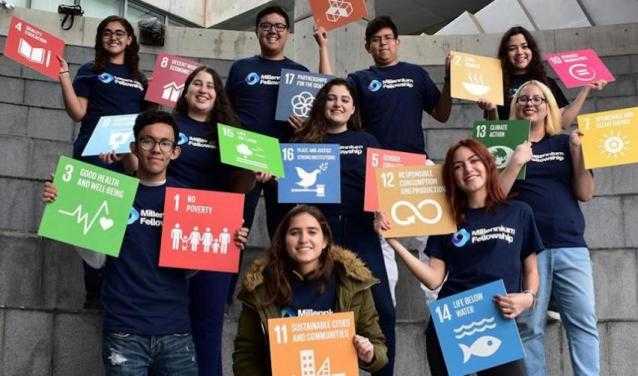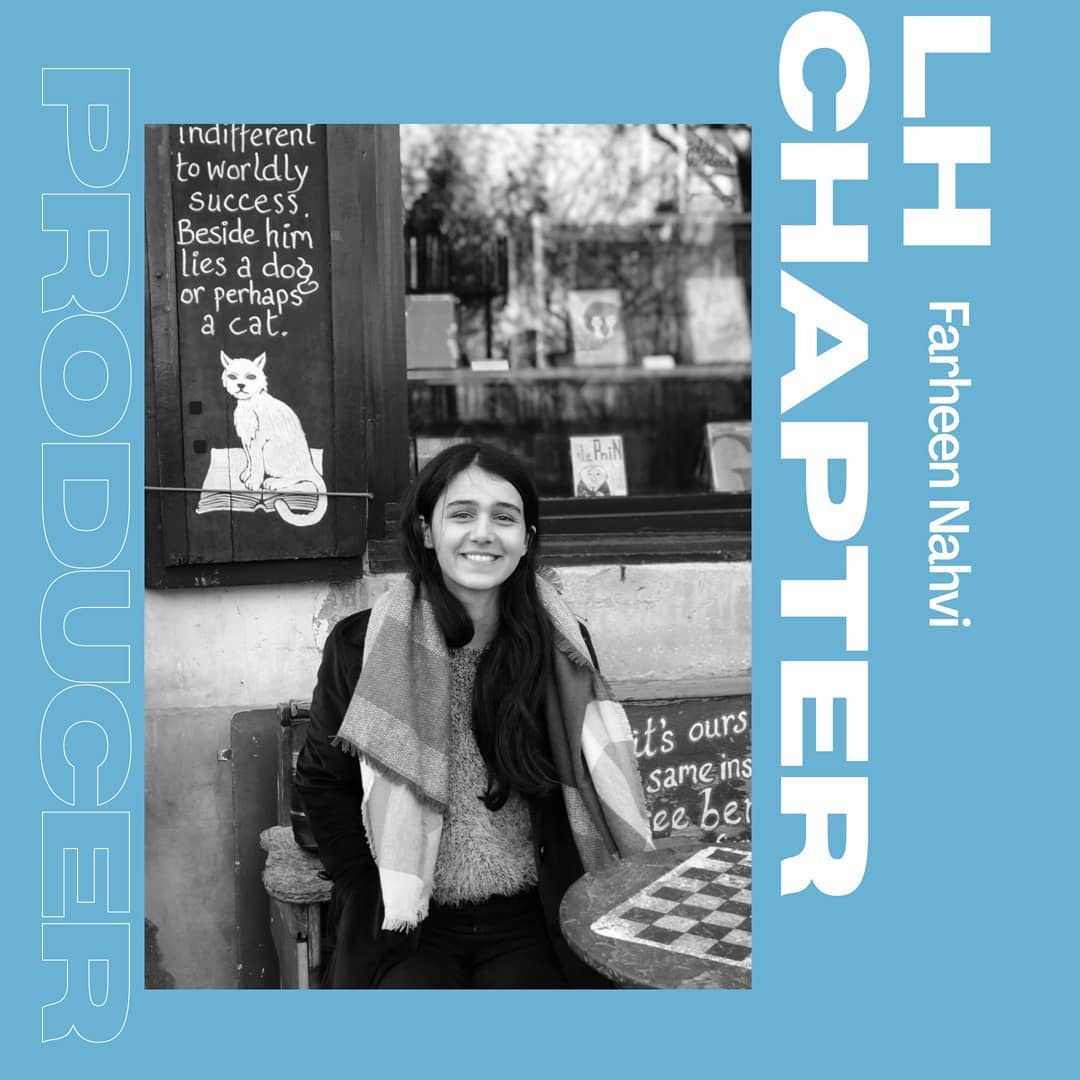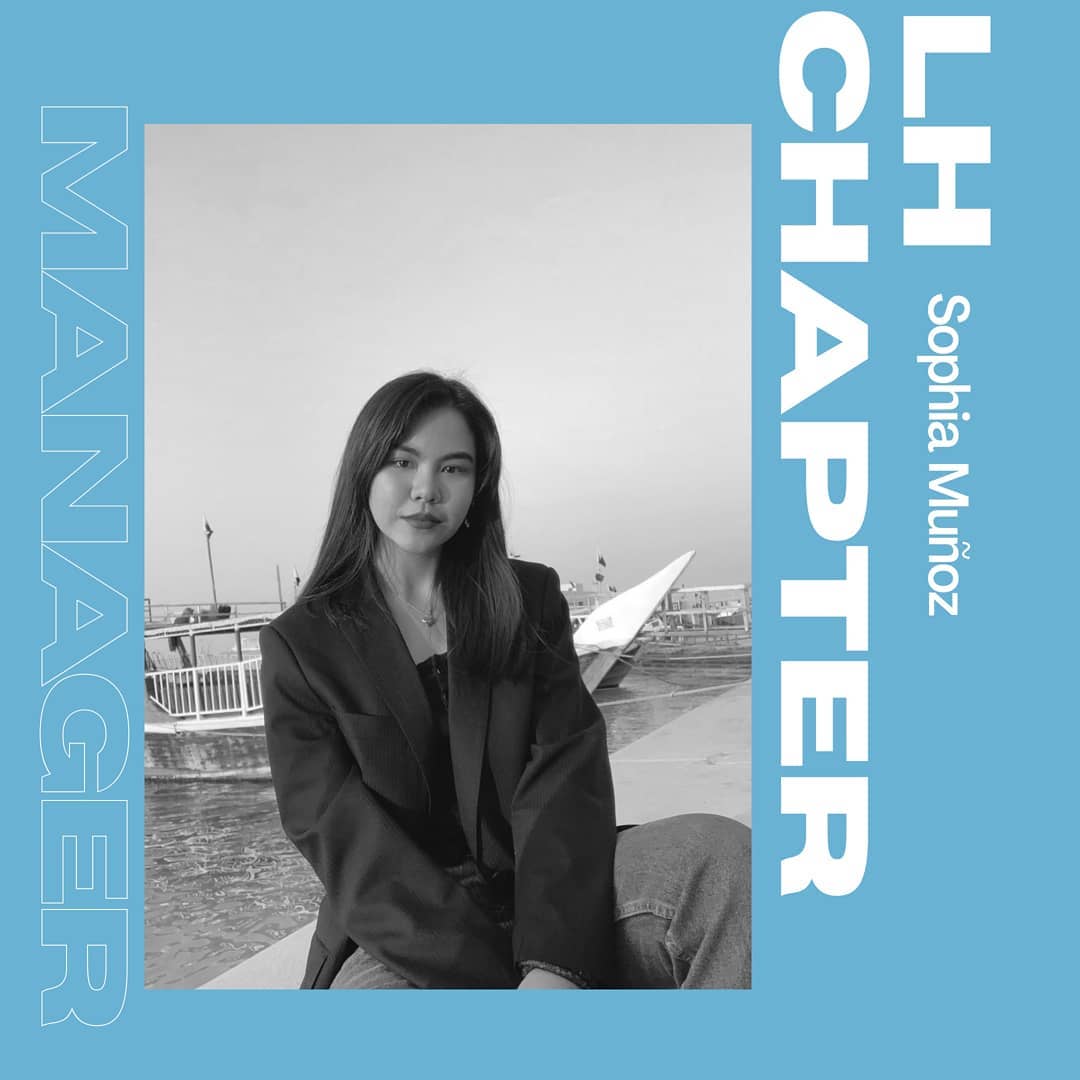Home>Sciences Po Students Selected for the 2020 Millennium Fellowship

11.12.2020
Sciences Po Students Selected for the 2020 Millennium Fellowship
Out of over 15,000 applicants, they were the only students from a French institute of higher education to be selected for the programme. Over the fall semester 2020, ten Sciences Po students from our campus in Le Havre participated in the 2020 Millennium Fellowship programme. We spoke to students Farheen Nahvi, originally from Kashmir, and Leonora Sophia Muñoz, originally from The Philippines - who were also the Campus Directors for their cohort - about their experience, the project they carried out and what this achievement means for their future.
You and your fellow classmates from Sciences Po’s campus in Le Havre were the only students from a French institute of higher education to have been selected for the 2020 Millennium Fellowship. What does this achievement mean to you?
Farheen: We are definitely proud of this achievement and it made us very happy - it is certainly a moment of pride to be the first cohort at Sciences Po to have been selected.
Sophia: It was a really proud moment for us, and even more so since Sciences Po is the only university in France to have been selected. It’s quite exceptional because the group of Sciences Po students that participated is extremely diverse; we all come from different countries. It’s also what made this experience really unique: if we look at all the fellows, we’re in fact all very diverse, we all have our own goals and our own personalities, and yet we all came together for this program.

The Sciences Po students who participated in the 2020 Millennium Fellowship Program.
What did the fellowship entail? What important takeaways did you gain from it?
Sophia: Over the course of the fall semester, we had a total of six main core sessions. Due to the pandemic, we adapted to virtual meetings via Zoom. The six sessions contained specific content, similar to lessons. For example, session four focused on how to set up our projects for success. Through hypothetical problem scenarios pushing us to utilise our critical thinking, to activities designed to engage and develop beneficial skills, the fellowship sessions introduced us to organisational & career tools we could utilise to develop our projects and also ourselves as change makers. The projects we were working on are the core of the Fellowship.
How was the award ceremony?
Farheen: At the award ceremony on 18 November, 2020, there were a total of seven speakers including an address by the Secretary General of the UN, António Guterres and an important message from Ban Ki-Moon, the former secretary of the UN. There was also the 2020 Global Generation Awards ceremony. For the 2020 edition, Sophia and I were especially honored to present the Award to Phumzile Mlambo Ngcuka, ED for UN Women, which was a great opportunity for us to talk about our project. The director of our campus, Vincent Fertey, also delivered an address.
Sophia: This year’s edition coincided with the 10th anniversary of the UN Academic Impact, and since the UN is an important partner of the Millennium Fellowship program, they made a link between that and our graduation, so there were a lot of speakers from the UN, which was very inspiring.
Can you tell us a bit about the project you submitted, the docuseries “s(H)e”? How did it start, what does it entail, and what are its ambitions?


Farheen: s(H)e is a documentary series project in which we produce monthly episodes that address intersectional feminist issues. The idea is that people can share their stories on topics that are not covered by mainstream media, i.e. the military, sexual harassment, consent, etc. The goal is to shed light on sensitive topics that are normally brushed aside, and give a voice to people who are not generally heard. It is important to remember that we are a service platform: we don’t tell people what to say or what to believe, we just put people in front of the camera, we listen and we post.
Sophia: s(H)e was originally created by Sciences Po students May Dittel, Ariel She, Julie Dugas, and Alaya Purewal on the Le Havre campus back in May 2019. The students who created it are now in their third year abroad, in India, Hong Kong, Korea, and the United States... This year, myself, Farheen, and two other students (one of whom is also a Fellow) have taken over and are leading the chapter in Le Havre. We decided to continue this initiative through the Millennium Fellowship program because it is extremely important, and it already has a lot of reach with an established Instagram and Facebook account. The project now has two seasons with 14 episodes in total (12 seasons in season one, and two episodes so far in season two). The project is also growing: there is now a s(H)e chapter in India, and the goal is for it to become a global collaborative project.
Your project works towards the UN SDG goal number 5, Gender Equality; what led you to address this goal more than others?
Sophia: Growing up, I realised that if I wanted to see change happen, I needed to act, and make change happen. Most or all students at Sciences Po want to make a bold social impact. For us working on s(H)e, it’s really unnerving to discover statistics on women in other parts of the world who still do not have the same rights as we do: they are prohibited from their basic right to education, to free speech; barred from their freedom to live. When we’re faced with these heartbreaking facts, we want to do all that we can to change them. S(H)E tries to show that inequalities related to gender are still way too present in the world, and we are still far from achieving gender equality.
Farheen: We wanted to talk about uncomfortable topics, and go where no one has gone before in discussing matters of inclusivity, intersectionality, etc. The reason we joined S(H)E was to develop it further and bring more awareness to this subject.
What are your plans for the future with this project, or aside from it?
Farheen: For a while now my plan has been to work in the social services sector. Thanks to the Millennium Fellowship program, I now have a better understanding of how I could pursue this. The Fellowship has definitely made my aspirations even stronger; we’ve learned to better execute our plans for social impact, and how to see the bigger picture.
Sophia: I went into the Fellowship knowing that I wanted to do something within the field of social change and social justice. The Fellowship programme was very beneficial in that it helped us define a clear path on how we can take the first steps towards reaching our goals. My motivations were already quite strong, but now that I’ve gotten to meet professionals who have experience in these fields and learn about their accomplishments, I am very inspired and encouraged to continue! The Fellowship definitely intensified my calling for change.
How have your studies at Sciences Po encouraged you to pursue this project?
Sophia: Sciences Po’s multidisciplinary method gives us the tools and freedom to explore different topics according to our interests and passions, and makes our understanding more global. But aside from that, one of the most important elements about our studies at Sciences Po is that our student body is extremely diverse. In fact, I think that Le Havre is the most diverse campus in terms of nationalities. It really enriches our learning because we hear from different individuals about how different their lives and cultures are and yet we’re still able to all work together. We set aside our differences and work towards a higher cause.
Farheen: Sciences Po provided the environment and methodology to succeed with this project. It has been really helpful to have feedback and conversations with other Fellows. Sciences Po has also given us a sense of political thinking, which has helped us to address the subject of gender equality through different lenses.
What message would you like to share with fellow students or prospect students?
Farheen: I would definitely encourage as many people as possible to apply for the Fellowship Program. It may seem overwhelming in terms of the time you need to dedicate to the program, but I think the experience and what we gained from it is definitely worth it. As for S(H)E, my message is to give yourself the opportunity to reflect on experiences different from your own. We can make the world better by listening to others and putting ourselves in other peoples’ shoes.
Sophia: Students at Sciences Po already want to make change, but the Fellowship Program gives you even more resources to make the change that you want to see happen. You have within you the motivation to make a social impact, and along with that, the Fellowship serves as a guide towards the path you want to take.
More information